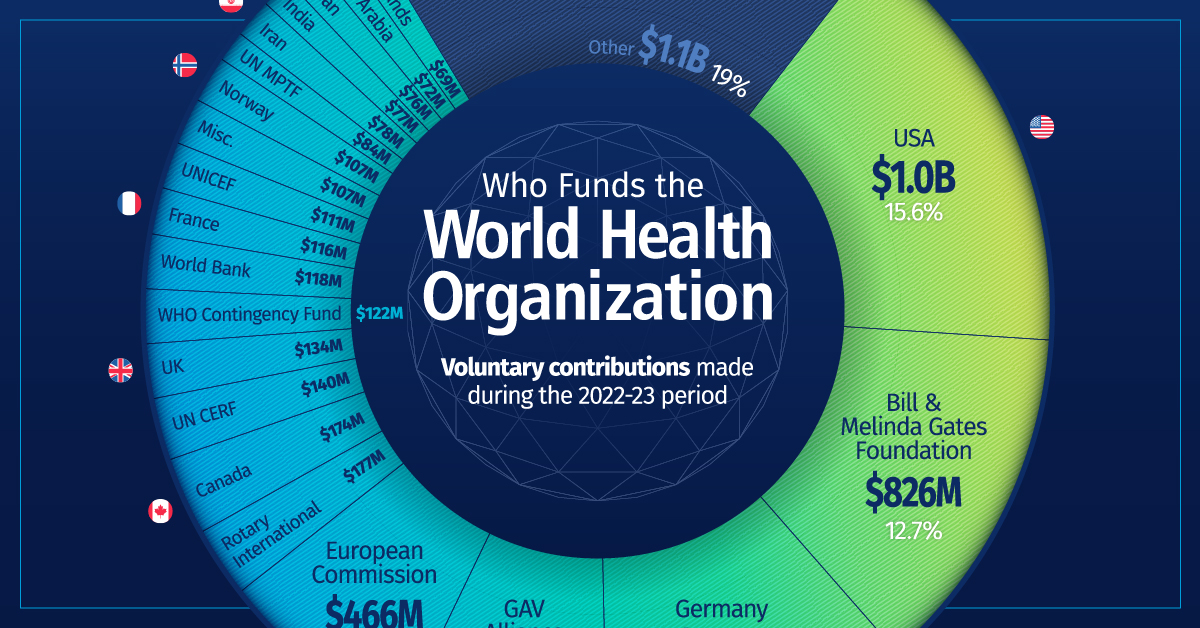Behind the Dollars: The Hidden Financiers Pulling WHO's Strings

In a controversial move that echoes his previous actions, President Trump has once again targeted the World Health Organization (WHO), announcing the United States' withdrawal from the global health agency. This decision carries significant implications for the organization's financial stability and global health initiatives.
The potential budget impact of this withdrawal is substantial. The United States has historically been the WHO's largest financial contributor, providing approximately 15% of the organization's total funding. By pulling out, the Trump administration could create a massive financial void that could potentially cripple critical international health programs.
This isn't the first time the President has taken such a step. In 2020, Trump initially announced the U.S. withdrawal from the WHO, citing concerns about the organization's handling of the COVID-19 pandemic and its perceived close relationship with China. While that previous attempt was complicated by legal and procedural challenges, this latest move signals a continued stance of diplomatic disengagement.
The timing of this decision raises eyebrows, coming amid a global health crisis that underscores the importance of international cooperation. Health experts and diplomats are concerned that this withdrawal could weaken global pandemic response capabilities and undermine collaborative medical research efforts.
As the international community watches and waits, the full ramifications of this decision remain to be seen. What is clear is that the WHO will face significant financial and operational challenges in the wake of the United States' departure.
